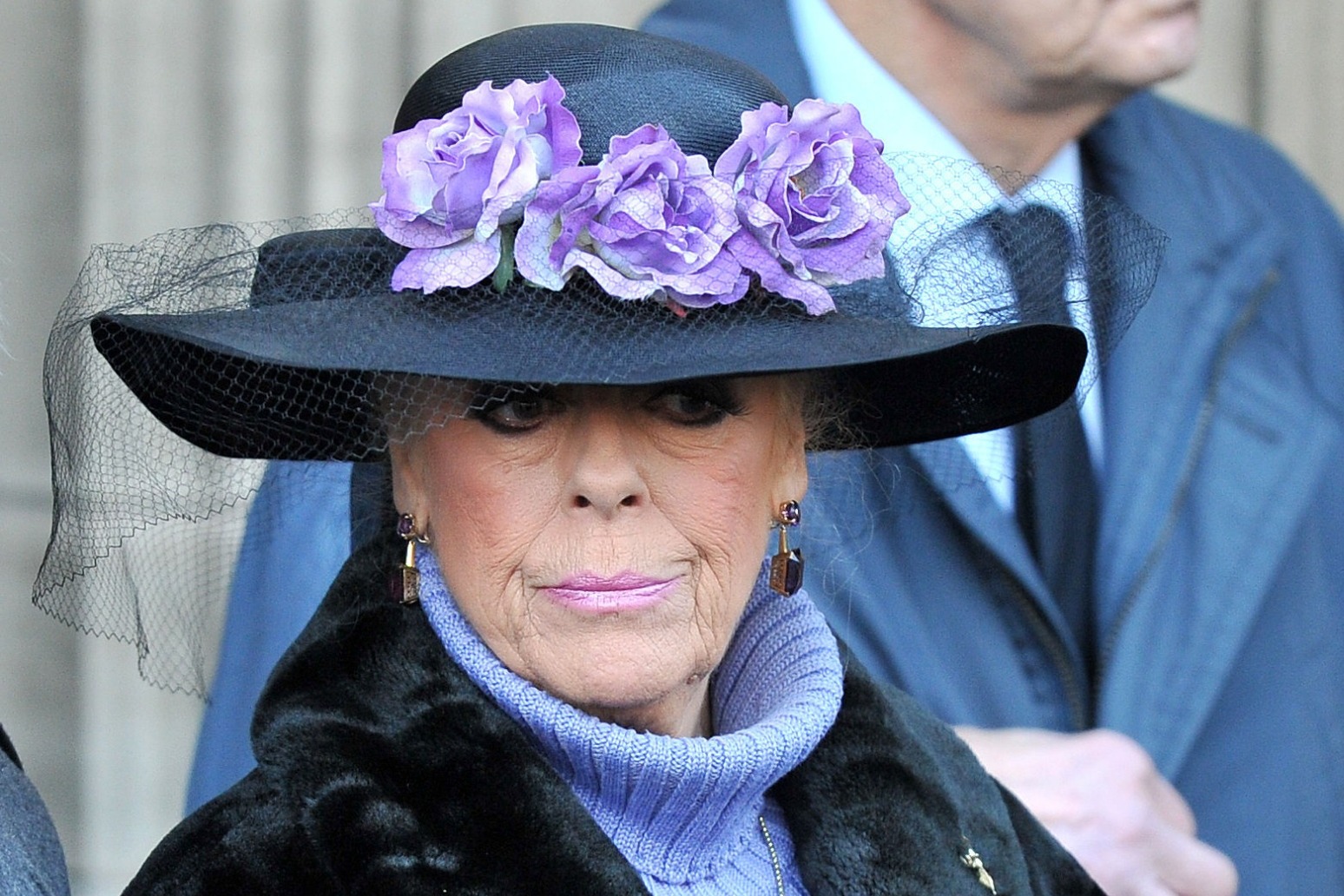This website uses cookies so that we can provide you with the best user experience possible. Cookie information is stored in your browser and performs functions such as recognising you when you return to our website and helping our team to understand which sections of the website you find most interesting and useful.
Concern raised over Julie Goodyears dementia
21/03/2024

The husband of Coronation Street star Julie Goodyear has spoken about the pain of her dementia suffering.
Scott Brand has shared his experience of the condition in conjunction with a new Alzheimer’s Society campaign, featuring a TV advert voiced by British actor Colin Firth.
The advert, titled The Long Goodbye, focuses on the harsh reality of the disease’s progression which causes loved ones to “die again, and again, and again”.
It is a theme echoed by Brand’s own experiences.
“I miss the fun-loving wife that Julie had always been – the larger-than-life personality that brightened up everywhere she went, and the smile that lit up every room,” he said.
“All of this is now slowly fading away and it’s extremely painful for me to watch this deterioration.
“Julie now struggles recognising people and everyone she meets is called ‘Scott’.
“Not being able to spontaneously go out as husband and wife, holding hands as we stroll along, going for meals together and going shopping – all these losses for me symbolise the Long Goodbye.”
Goodyear was a staple on Coronation Street for more than 25 years, as the Rovers Return’s no-nonsense landlady Bet Lynch.
The 81-year-old was renowned for her trademark leopard-print clothing and glamorous looks both on and off screen, but Brand said dementia has caused a lack of interest in her appearance.
“Julie has always been extremely glamorous, going nowhere without her make up.
“But now the lipsticks and make-up go unworn, and clothes are no longer of interest, especially the leopard print,” he said.
Goodyear married Brand, her fourth husband, in 2007.
Brand said after she was diagnosed with dementia, which he announced publicly last June, he initially “refused to accept any support” before realising “I couldn’t do it by myself”.
“I had to give up work to become Julie’s full-time carer,” he said.
“I wasn’t coping and needed to seek support.
“Caring for Julie is my priority, but my health was being affected and as a lone carer I felt it was ‘killing me’.
“Julie had always dealt with the finances but now she cannot even recognise the value of money.
“I was suddenly thrown into having to sort out all the household affairs, something Julie had always managed with ease and perfection.
“It was like being thrown into a new world of having to do everything by myself.
“I would advise anyone going through this journey to accept help straight away.”
Brand said Dementia Advisers provided through Alzheimer’s Society helped him to navigate the new situation, saying: “I couldn’t have managed without it”.
“Without this support I really don’t know how I would have coped – it was a lifeline when we both needed one and continues to be so,” he added.
Alzheimer’s Society’s new TV advert shows a son delivering the eulogy at his mother’s wake, where he recalls the numerous moments in her life where part of her died, including when she forgot his name.
Kate Lee, chief executive officer of Alzheimer’s Society, said: “This campaign seeks to tell the unvarnished truth about the devastation caused by dementia and it is very much informed by people affected by the condition.
“The loved ones of people with dementia often describe it as a ‘living grief’ as, bit by bit, the disease’s relentless progression causes part of the person to die…again and again and again.
“But there is hope.
“Alzheimer’s Society, through its support services, is there for people affected again and again as they face the grim reality of the long goodbye.”
Dementia is the name for a group of symptoms associated with an ongoing decline of brain function, according to the NHS.
The condition can affect memory, thinking skills and other mental abilities.
Anyone worried about dementia can visit alzheimers.org.uk.
Published: by Radio NewsHub



